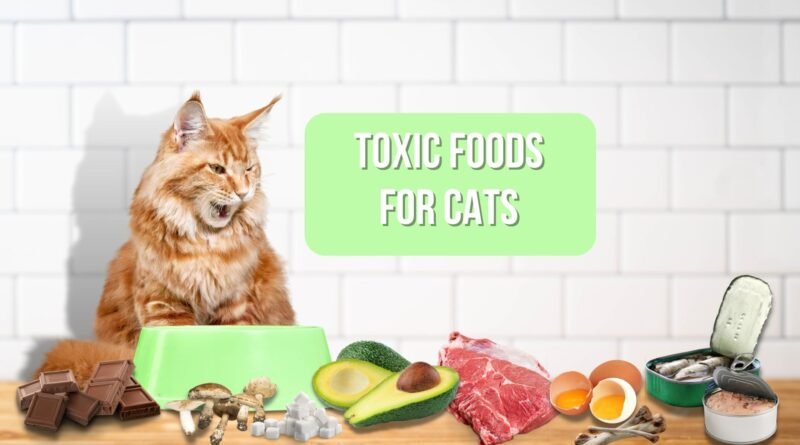10 Toxic foods for cats
Many people think that cats are finicky eaters, but the truth is that cats will pretty much eat anything they can get their paws on. This can be a problem because toxic food for cat are common in our diet. Here is a list of 10 foods that your feline friend should never eat.

1. Chocolate
Chocolate contains theobromine, which is a compound that’s toxic to cats. In small amounts, it may cause vomiting and diarrhea, but in large amounts, it can lead to muscle tremors, seizures, and even death.
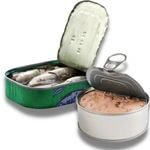
2. Canned sardines, tuna and other fishes
Yes, they love it! But unfortunately, is toxic food for cat and it can be just as bad for them as any other processed food. These canned fishes have a high sodium concentration, which can compromise our cat’s urinary system, plus, being most of the time too seasoned, this is also bad for their organism. Another issue is that canned tuna has mercury, which, if consumed in large amounts, can affect the kittens’ nervous system.
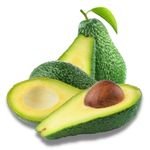
3. Avocado
Avocado is a very greasy fruit and, in general, our pets cannot digest it very well. Do not give this fruit to your cat, as it can cause serious stomach upsets, including pancreatitis.
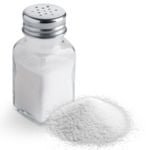
4. Salt
Too much salt can cause hypertension in humans, almost all of us know that, don’t we? And it’s no different with our little feline friends. The kidneys are responsible for draining and eliminating toxins, but they will not be able to meet this function well if too much salt is consumed, as it ends up accumulating in them. Therefore, very salty foods, such as sausages, for example, should not be part of these animals’ diet, and not even be offered to them eventually.
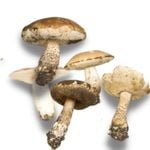
5. Wild mushrooms
In nature there are several varieties of mushrooms, and some of them have already been proven to be toxic to cats. But would we know how to identify a toxic mushroom from a healthy one for our kitten? Probably not, so the best thing to do is avoid all of them. The exception is mushrooms bought in supermarkets, which, in minimal amounts, well cooked and no seasonings, will not affect the cats.

6. Milk
While many people think that milk is good for cats, the truth is that most adult cats are lactose-intolerant. Milk can cause stomach upset and diarrhea in cats, so it’s best to avoid giving them milk altogether.

7. Raw meat and eggs
Raw meat and eggs may contain bacteria like Salmonella and E. coli that can be dangerous to both you and your cat. Cook meat thoroughly before feeding it to your cat, and avoid feeding them raw eggs altogether.

8. Sugar
Cats don’t need sugar in their diet and too much sugar can actually lead to diabetes mellitus just like it does in humans. If you must give your cat a treat, choose one that’s low in sugar or make sure they only have a few bites so they don’t consume too much sugar at once.
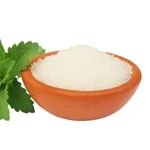
9. Xylitol
Xylitol is an artificial sweetener that’s often used in gum and candy; however, it’s also found in some peanut butter brands as well as some brands of toothpaste and mouthwash. Xylitol is extremely toxic to dogs but it’s also dangerous for cats; even a small amount can cause low blood sugar levels (hypoglycemia), seizures, liver failure, or even death. Avoid giving your cat anything that contains xylitol or keeping any products containing xylitol within reach of them.

10. Fat trimmings and bones
Fat trimmings from meat can cause pancreatitis in cats, while bones can splinter and cause choking or intestinal blockages. It’s best to avoid giving your cat any fat trimmings or bones altogether.
Which natural foods can cats eat?
There are a few natural foods that are actually good for cats. These include:
– Cooked chicken or turkey (without the skin or bones)
– Cooked fish (without the bones)
– Plain yogurt (without artificial sweeteners)
-Steamed vegetables
If you’re unsure about whether a particular food is a toxic food for cat or dont, , it’s always best to consult with your veterinarian beforehand. Same goes for cats, rabbits aor any other pets.
Conclusion
Curious by nature, cats will eat just about anything they can find that they put in their little mouth, regardless of whether or not it is safe for them to do so. As such, it’s important for pet parents to be aware of which foods are safe for their feline friends – and which ones are not. By avoiding these 10 foods on the list, you can help to keep your cat healthy and safe. Click here and see this other article with another 10 foods that should not be in our feline friends’ diet.
Do you have any questions or concerns about what you’ve just read? Leave us a comment below! 🙂

